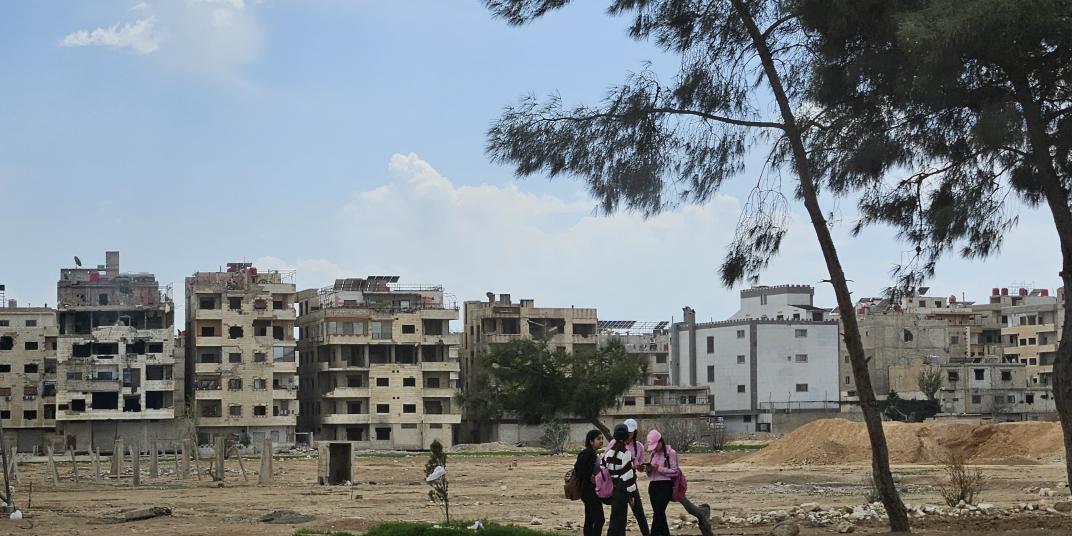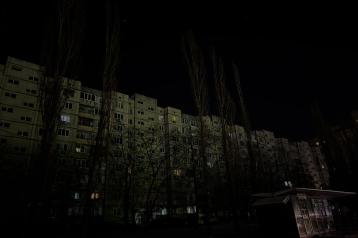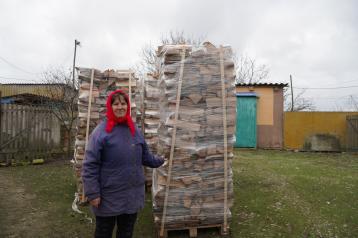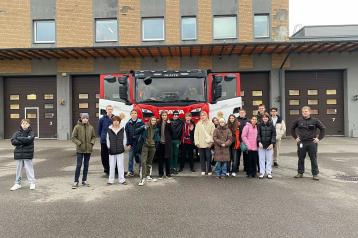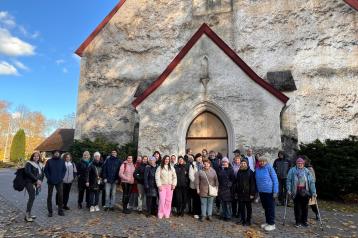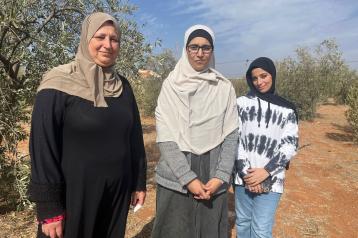Countries
The Estonian Refugee Council (ERC) has received official approval to open an office in Syria, aiming to support people affected by the nearly 14-year-long civil war and contribute to the country’s rebuilding efforts. The presence of the Estonian Refugee Council allows assistance both to those displaced within the country and to those returning home after prolonged periods as refugees.
“The current humanitarian situation in Syria remains extremely serious, representing one of the largest and longest-running crises in the world. An estimated 16.5 million people are in need of humanitarian aid, making international support essential to help people recover from the long-lasting impacts of the civil war,” said Bercin Yigitaslan, organisation’s Country Director of Türkiye, Jordan, Lebanon, Palestine, and Syria.
“Completing the registration process is an important step forward for the Estonian Refugee Council, enabling us to strengthen our presence and expand humanitarian assistance on the ground. Our experience with digital solutions allows us to reach people in the most remote and hard-to-reach communities with cash-based aid. At the same time, we are focusing on partnerships with local actors to ensure our assistance reaches as many people as possible,” Yigitaslan added.
The Syrian civil war, which began in 2011, has forced over 13 million people to flee their homes, including 7.4 million internally displaced persons, making Syria one of the countries with the highest number of internally displaced people in the world. The fall of the Assad regime in December 2024 has brought new hope for Syrian refugees living in neighbouring countries, as well as for internally displaced persons, with some beginning to return home. As of 18 September, nearly 990,000 Syrians have returned to Syria from neighbouring countries, and close to 1.9 million have returned to their homes within Syria.
However, the situation in Syria remains critical: healthcare and education systems are non-functional, there are severe shortages of food and water, and most of the population lives in poverty. Destroyed homes, damaged infrastructure, economic collapse, and sanctions have left much of the population dependent on humanitarian aid, while many areas remain insecure.
Read previous coverage on this topic on the Estonian Refugee Council’s website.
The Estonian Refugee Council has been involved in regional support for Syrian refugees since 2018. It has provided long-term assistance to Syrian refugees in Jordan and Lebanon and has previously responded to the 2023 earthquake in Turkey and Syria, as well as the 2020 explosion in Beirut. Our activities in Syria are funded by the Estonian Ministry of Foreign Affairs.
